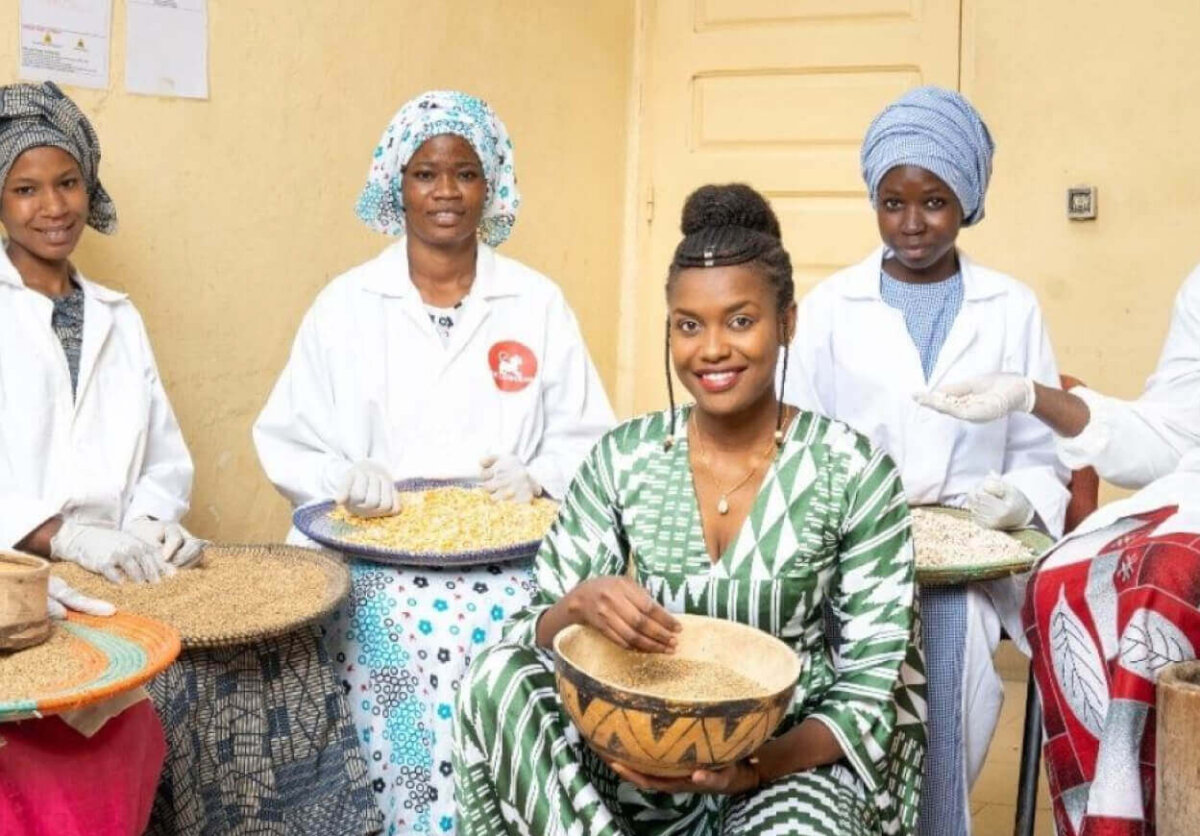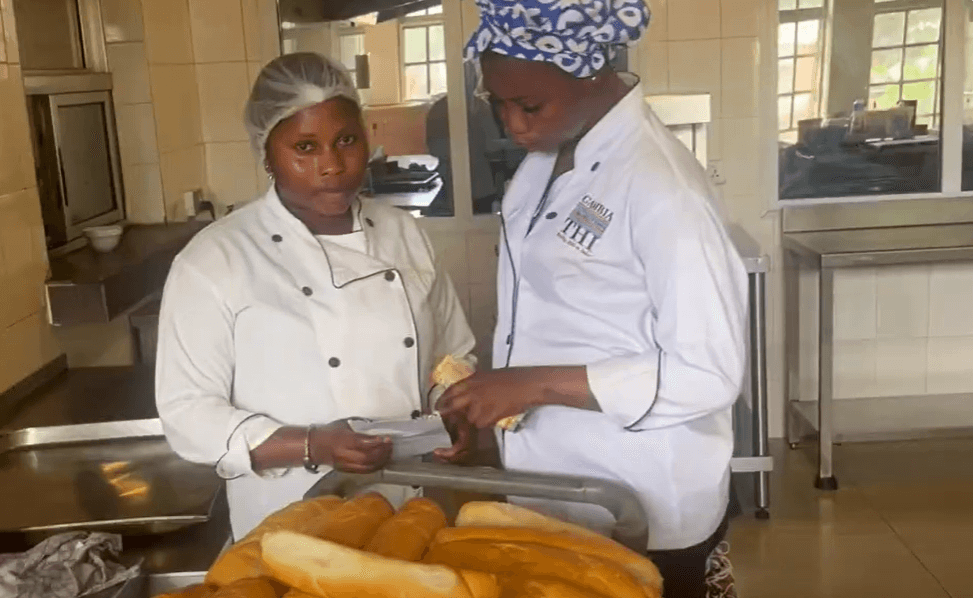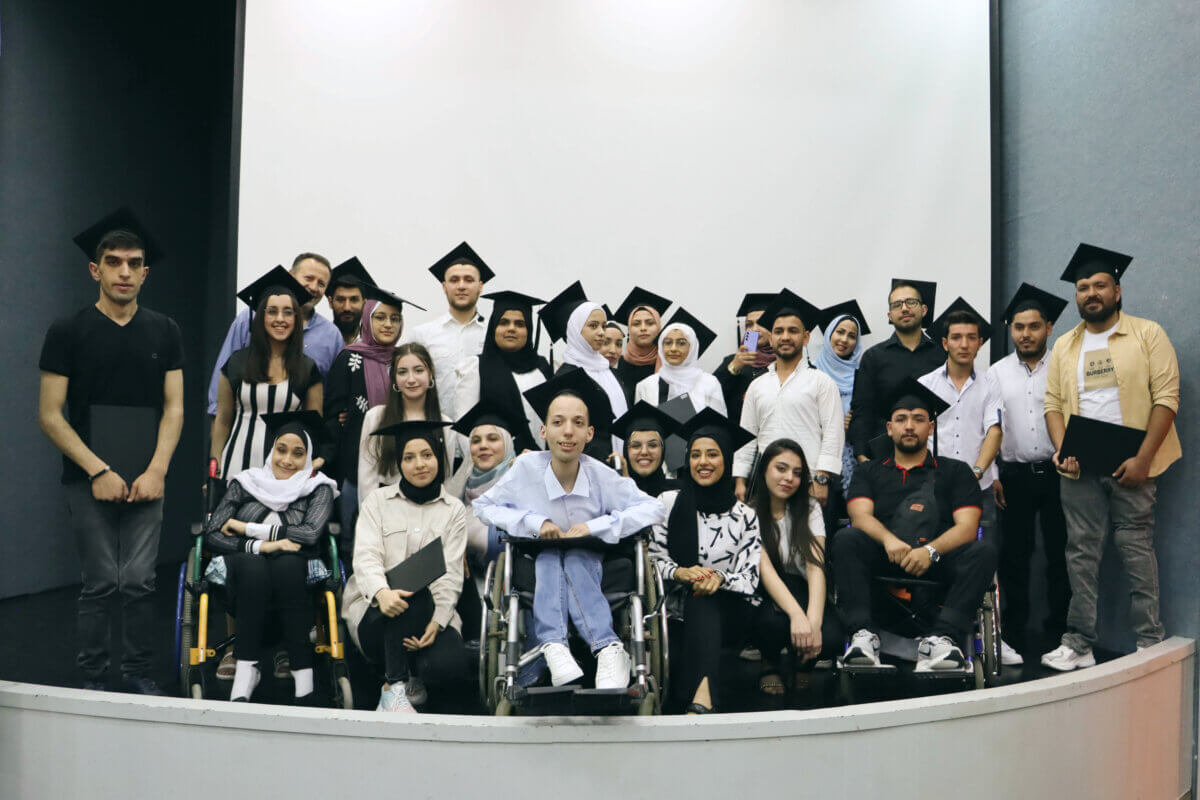- Sectors
- Hospitality Education
Hospitality Education
In cooperation with the hospitality industry and educational institutes in the region, PUM experts of the Hospitality Education sector train teachers and chefs in food innovation in a practical and interactive way. Other topics are customer service, hygiene, safety, entrepreneurship or reception, housekeeping, and food & beverages.
Education and training are an essential element in the hospitality industry. It leads to a better equipped workforce and by that it brings a higher level of business performance. Furthermore, education helps to reduce (youth) unemployment, provides access to entrepreneurship for everyone and contributes to the economy.
Apart from the taste of the food and the comfort of the beds, there are many factors that influence the success of a restaurant, a hotel, a resort or a touristic activity. Hospitality is a big influencer to success: it is all about the relationship between the guest and the host/hostess. This includes the warm welcome and treatment of guests, tourists or visitors.
PUM experts in the field of Hospitality Education are experienced in (vocational) education as well as in the hospitality industry. The experts can provide assistance in hospitality topics and entrepreneurship for training centers as well as colleges.
To share knowledge with the most sustainable result we offer an educational approach that aims to improve the performance of the human factor in hospitality. Personal awareness and motivation, role and identity are the primary focus in this approach. These components of a successful performance are the starting point for the fundamentals of our training. In these training sessions we include hospitality leadership, coaching- and guiding skills and vocational training, practical and theoretical.
Areas of expertise
- Train the trainer methods
- Long term programmatic and collaboration-based approaches
- Work-based learning approach
- Competence based learning (focus on 21st Century Skills)
- Co-creation (e.g. cooperation with Innovation Labs)
- Blended learning (combination of classroom and online education)
- Management and curriculum development
Business ecosystem
The programmes are demand driven and focused on the local need to professionalise hospitality knowledge. The approach consists of a train-the-trainer programme, designed together with and for the hospitality industry. Teachers, trainers, SME staff and/or management, as well as employees of other organisations all involved in local hospitality development, can join the training. The programme is designed in a tailor-made way, taking regional ambitions and issues into account. Remote coaching classes and online training courses, as well as seminars and webinars, are customized. Expertise in a wide range of sectors is at our disposal through PUM experts, which may be attracted if needed. A business ecosystem is created in this way.
Hospitality education ultimately aims to:
- Let hospitality staff find and be aware of their personal drive and motivation.
- Let hospitality businesses define their intention and identity.
- Achieve local cooperation between educational hospitality institutes and hospitality-linked businesses, which can vary from restaurants, hotels, caterers and tour operators to social and environment-driven organisations. It also establishes contacts and cooperation with (local) government, Chambers of Commerce, suppliers, logistic companies and other stakeholders.
- Implement effective educational principles, suitable content and learning techniques.
Client examples
Benefits for businesses
PUM was asked to assist setting up a Hospitality Education Department of a Vocational College. The first step the PUM expert took was to research the local hospitality employers’ market to find out what was missing. The findings played a great role in determining the approach to create benefit for the educational institute as well for the businesses.
A training of trainers’ programme was started to ensure that the knowledge is secured with the trainers. A work-based learning approach was also added, meaning both the staff at the college and the staff at the businesses received training, and the other way around.
The school was given advice about a tailor-made curriculum and now the trainers are able to deliver competence-based learning in an interactive way, with a focus on 21st Century Skills.
Conditions
- A requirement for educational institutions and SMEs is to join forces. Either the institute or the SME(s) can enter an application. If an applicant has an educational plan but no partnership yet, PUM will support the search of one or more joint applicants. Together they need to show dedication and determine mutual goals in order to achieve success.
- Ideally, a member of staff of the vocational institute should take on the position of programme manager for at least the duration of the programme. This helps ensure stability in communication and coordination between PUM and the applicant(s).
- A proper training location should be available, as well as a well-functioning internet connection and relevant software.
- Participants should be available and prepared to attend training sessions on location during approximately two weeks; or for online training courses by appointment. Both programmes are tailor-made through consultation to ensure feasibility and optimal attendance.
- Participants should have an open mind towards interactive training and coaching sessions.
‘If you want to build a ship, don’t call men and women together to give them orders, to explain every detail, to tell them where to find everything. Instead, teach them longing for the vast endless sea’ Antoine de Saint-Exupéry (1900 – 1944) in Citadelle
Professional people for positive impact
Looking to grow your business or organisation sustainably and build a brighter future for your community? Contact one of our representatives in your country for criteria, more information and guidance on the application process.







